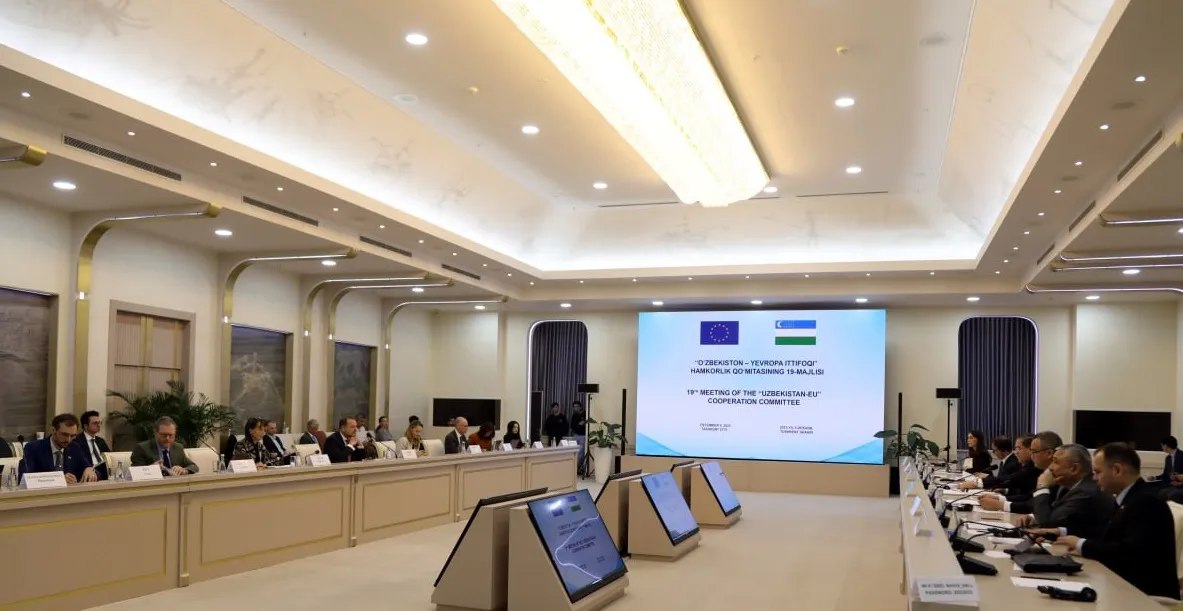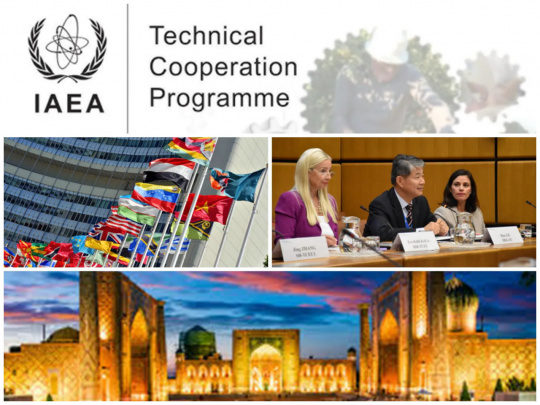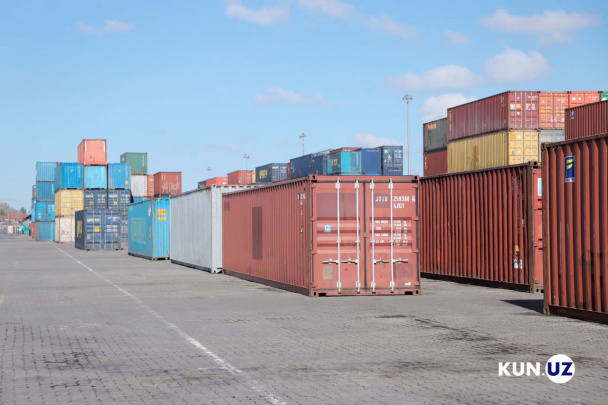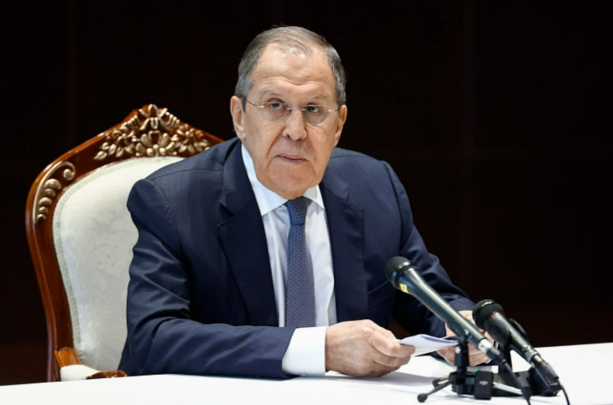Volume of trade between Uzbekistan and EU countries increased by 36% over 10 months
On December 5, the 19th meeting of the Uzbekistan-European Union Cooperation Committee was held in Tashkent, co-chaired by Deputy Minister of Investment, Industry and Trade Badriddin Abidov and Deputy Director of the European External Action Service for Eastern Europe and Central Asia, Luke Devin.

According to the Ministry of Investment, Industry and Trade (MIIT), opening the meeting, Badriddin Abidov thanked the European side for their support for the reforms of Uzbekistan, and announced the key directions for the country’s development within the framework of the “Uzbekistan-2030” Strategy, aimed at ensuring sustainable economic growth, strengthening the judicial systems, transforming education, health and social protection systems, combating environmental challenges.
Key guidelines of the Strategy were noted, in particular, bringing GDP to $160 billion by 2030 and per capita income to $4 thousand, as well as attracting $110 billion of foreign direct investment, increasing the share of industrial-technological products from 25% to 32% of GDP, ensuring the growth of portfolio investments by 3-5% annually and other tasks. The European side expressed its readiness to provide the country with all possible assistance in achieving its goals.
Issues of the current state and prospects for expanding further cooperation in the areas of improving law enforcement practice, protecting human rights and freedoms, as well as the political partnership agenda for 2024 were raised. In Uzbekistan, appropriate measures are being taken on a systematic basis to improve the current legislation.
An exchange of views took place on the further development of financial, technical, trade, economic and investment cooperation. The main emphasis is on measures to liberalize and simplify trade procedures using the benefits of the Generalized System of Preferences (GSP+) of the European Union.
In this context, the dynamics of growth in trade turnover between Uzbekistan and the EU is highly appreciated. In just 10 months of 2023, the volume of mutual trade increased by 36% compared to the same period last year and amounted to $4.8 billion. Mutual confidence was expressed in the need to continue systematic work in this direction. The growth in exports of products from Uzbekistan to EU countries was especially noted; since 2021, the figure has increased 1.5 times – to $794.6 million at the end of 2022.
A separate discussion took place on the partnership in the energy sector, the main goal of which is to achieve a 1.5-fold reduction in the energy intensity of the Uzbek economy and increase its energy efficiency by 20% by 2030. In this area, 28 agreements have been concluded on the basis of public-private partnerships for the construction of large-scale solar and wind power plants with a total capacity of 11.5 GW. Another 16 projects totaling 12.8 GW are at the design and negotiation stage. The European side will provide the necessary consulting support to the development and implementation of green energy projects.
When discussing the issue of further development of cooperation in the field of cargo transportation and logistics, the European side expressed its readiness to support Uzbekistan’s efforts to diversify transport corridors and, in particular, through the development of the Trans-Caspian international transport route.
Following the event, the parties confirmed their mutual commitment to the further development of a favorable environment for interaction between Uzbekistan and the EU, including through the formation of relevant documents on cooperation in the trade, economic and investment spheres.
Related News

15:24 / 28.04.2025
Samarkand prepares for key regional meeting on nuclear cooperation and development

11:24 / 26.04.2025
Uzbekistan’s foreign trade turnover tops $17.3 billion in Q1 2025

16:37 / 24.04.2025
Uzbekistan sells $3.6 billion worth of gold in three months, making up 44% of total exports

15:43 / 24.04.2025



